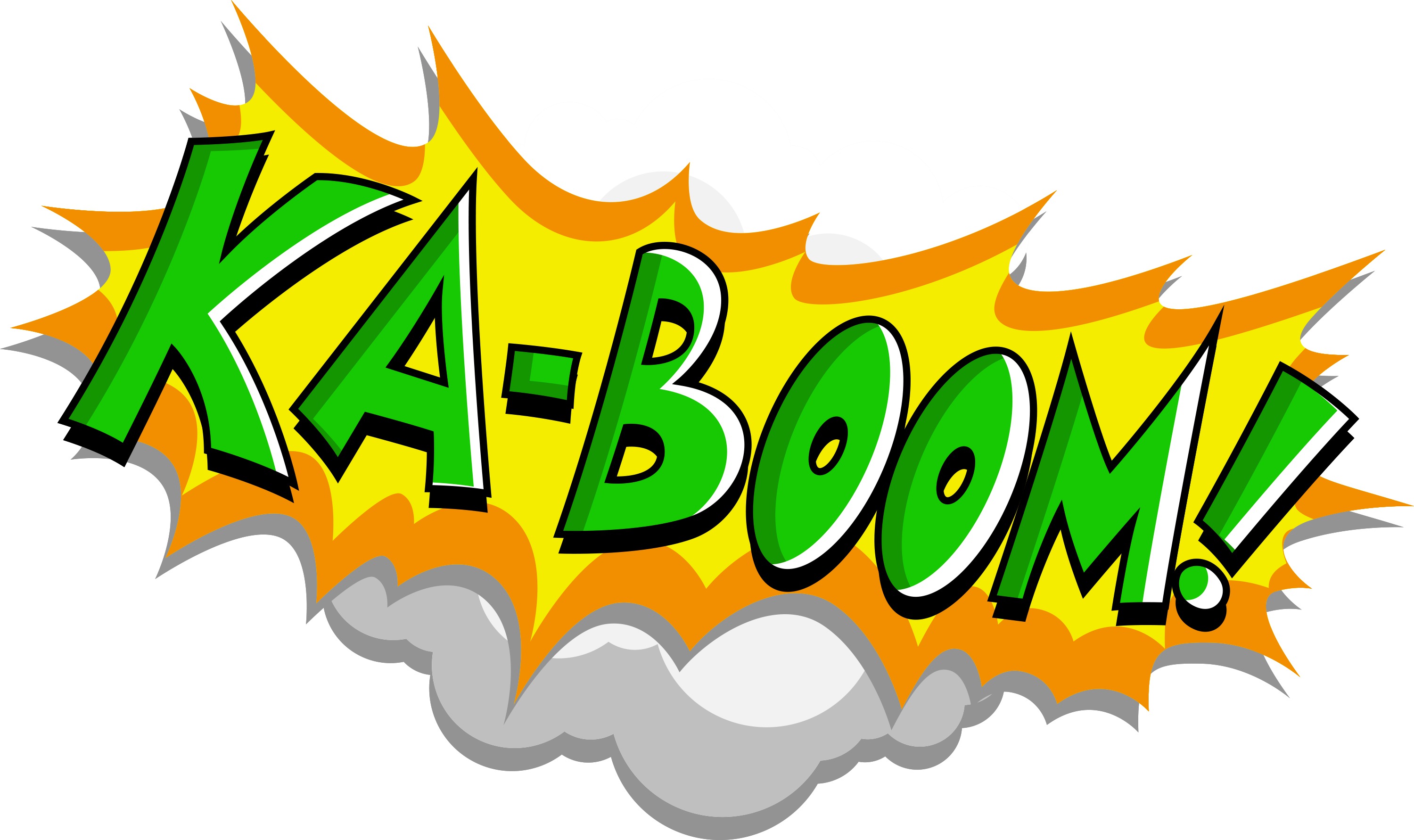My Slant on Matal v. Tam: Welcome to My T-Word X-Word G-Word O-Word Z-Word Co., Inc., or Death to the Happy-Talk Clause
June 21, 2017
It’s old news now, having happened about 30 hours ago as I write, but my long absence from the blog this spring shows that this first day of summer I’m moving at superluminal speed. I do so to bring you important news about the legal status of raw offensiveness: The Supreme Court, presumably once and for all, has green lighted offensive speech. Redskins fans are breathing sighs of relief.
Now before you go jump off a building, let me clarify. The Court said, in the case of Matal v. Tam (decided June 19, 2017), that the so-called “disparagement clause” of the federal Lanham Act, which governs trademarks, violates the First Amendment and is therefore unconstitutional. It said so unanimously ( 8–0, Justice Gorsuch not participating). The decision is correct, and it’s important.
The case, you may remember, stems from the efforts of a rock band to trademark its name, “The Slants,” a word widely recognized as a slur against Asians. The band’s members are Asian-American, and the group’s lead singer, Simon Tam, said the name was chosen to “reclaim” the word and “take ownership” of the old stereotype. But the Trademark Office (yes, yes, it’s actually the Patent and Trademark Office, but let’s shorten it here) refused to register the name. Obtaining a federal trademark is usually a low-key business: you pay a fee, file some papers, and, unless you’re trying to claim a name or a mark already in use or trying to dupe your customers, you’re entitled to it. But the Lanham Act has a provision that for 150 years has permitted the Office to refuse to register a trademark “which may disparage . . . persons, living or dead, institutions, beliefs, or national symbols, or bring them into contempt, or disrepute.”
That’s quite a restriction. “Which may disparage.” Just about anything these days may disparage. And not merely you or the other guy over there but actual dead people: It would be grounds to reject, for example, a trademark for pencil erasers that read “Bad Ass Calhoun, the Nullifier.” And not just people but national symbols. What’s a national symbol—something other than the American flag, like the pyramid with the eye on the dollar bill? And not just symbols but institutions. As the Court noted, the Trademark Office could smite this potential trademark: “Slavery is an evil institution.” And not just institutions but beliefs. Holy cow! (Oops!)
It’s no surprise that the Trademark Office has had a difficult go of this disparagement clause. I haven’t read historical accounts, but all it takes is a few examples, easy enough to glean from the daily papers and recent legal briefs online, to see just what the trademark examiners are up against. Adam Liptak reported in yesterday’s New York Times that the Trademark Office “has, for instance, both registered and rejected trademarks for the terms ‘Heeb,’ ‘Dago,’ ‘Injun’ and ‘Squaw.’” And in her brief in October 2015 appealing the Trademark Office’s cancellation of “Redskins” as the registered name of the Washington football team, Lisa S. Blatt pointed to these registered names, among a long list of others, as evidence of the impossible task confronting the examiners (each of the following was approved): “Rippled Old Biker Bastards” (a clothing line); “Boys Are Stupid, Throw Rocks at Them” (wallets), “Dumb Blonde” (hair products); and here’s one I think she didn’t include: Yid Dish (online newsletters).
The government’s principal argument was that trademarks are “government speech.” This might sound peculiar on the face of it, except that in 2015 the Court held that the messages and symbols on automobile license plates, even including vanity plates, are government speech, and thus not subject to the First Amendment’s obviously crabbed view of what’s censorable. (In other words, the government can say what it wants; under the First Amendment it doesn’t have to be fair, it doesn’t have to be accurate, it doesn’t have to be respectable, it doesn’t have to respect different viewpoints, and it even may limit the topics that those speaking for it can mention.)
In an opinion by Justice Samuel A. Alito, the eight participating justices all rejected the argument that trademarks are government speech. If they were, Justice Alito said, “the federal government is babbling prodigiously and incoherently.” To suppose “that the registration of a trademark converts the mark into government speech would constitute a huge and dangerous extension of the government-speech doctrine.” If registering a trademark constitutes government speech, so would issuing a copyright, and everything written would be at the mercy of a capricious official censor.
Responding to a different argument (one that four justices thought unnecessary to address), Justice Alito said that the government’s other principal claim, that trademarks are “commercial speech,” is no better:
No matter how the point is phrased, its unmistakable thrust is this: The Government has an interest in preventing speech expressing ideas that offend. And, as we have explained, that idea strikes at the heart of the First Amendment. Speech that demeans on the basis of race, ethnicity, gender, religion, age, disability, or any other similar ground is hateful; but the proudest boast of our free speech jurisprudence is that we protect the freedom to express “the thought that we hate.”
And to the assertion that banning offensive trademarks would aid in the fight against discrimination, Justice Alito said that the disparagement clause was much too broad to achieve that and only that purpose:
The clause reaches any trademark that disparages any person, group, or institution. It applies to trademarks like the following: “Down with racists,” “Down with sexists,” “Down with homophobes.” It is not an anti-discrimination clause; it is a happy-talk clause. In this way, it goes much further than is necessary to serve the interest asserted.
Four justices, though agreeing with the Court’s decision, thought it unnecessary to delve deep into commercial speech doctrine to polish off the disparagement clause. Speaking for himself and for Justices Ginsburg, Sotomayor, and Kagan, Justice Anthony M. Kennedy said it is enough to understand that the disparagement clause is a form of “viewpoint discrimination,” strongly disfavored under the First Amendment. The Lanham Act establishes a category—persons, institutions, beliefs, and national symbols— and “within that category an applicant may register a positive or benign mark but not a derogatory one. The law thus reflects the Government’s disapproval of a subset of messages it finds offensive. This is the essence of viewpoint discrimination.” As he concluded:
A law that can be directed against speech found offensive to some portion of the public can be turned against minority and dissenting views to the detriment of all. The First Amendment does not entrust that power to the government’s benevolence.
Because of its context, Matal v. Tam may seem to be limited in scope and effect. It calls halt to Trademark examiners’ puzzling out whether an offered name or mark is offensive. But its rationale, strongly adhering to established doctrine, makes clear that the Court stands ready to overturn any laws that seek to block offensive views or expressions. It is a reality that non-governmental institutions claiming fidelity to First Amendment principles would do well to heed.
Does this mean we can now expect an influx of truly offensive trademark registrations? Will manufacturers, service suppliers, and marketers rush to secure legal protection of B words and C words and D words and F words and K words and N words, and on and on and on? Maybe. Some minor league players no doubt will do so, expecting to sell their wares on a naughty wave of novelty and a frisson of nervy subversion, but after they reach shore, tides always wash out again. You can offer an offensive bag, but you may wind up holding it. And that is as it should be.
Your email will not be posted on the site if you make a comment.
2 Comments
Leave A Comment



Another hit by The Madwag. Mazal tov!
Approve.